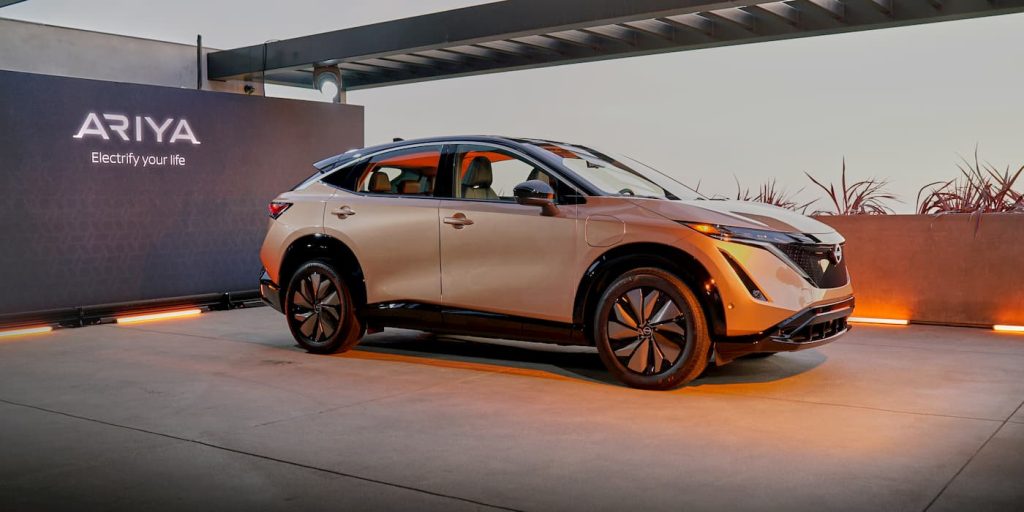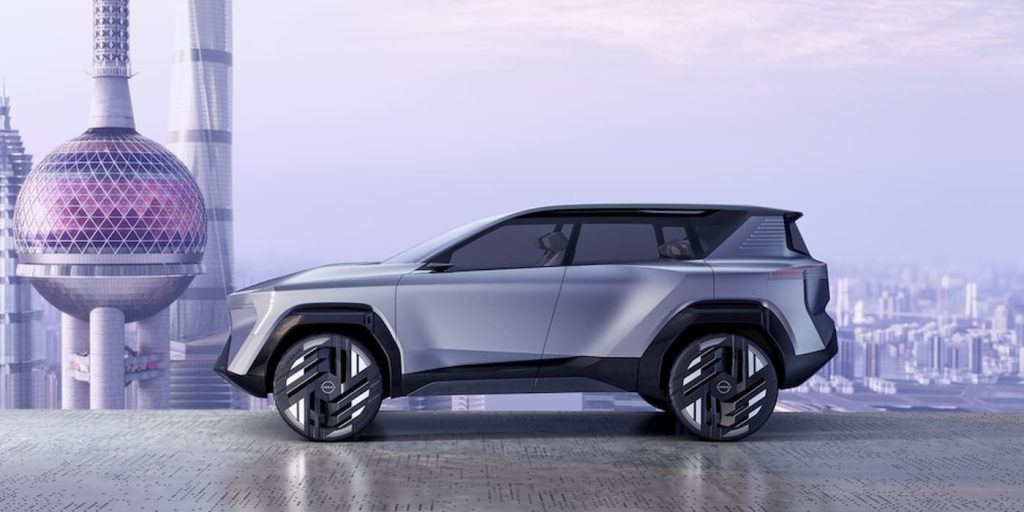
The Nissan Yokohama plant is not only the automaker’s oldest factory but also the first mass-production plant in Japan. Nissan’s decision to transition the plant to build solid-state EV batteries is symbolic of the industry’s transition to electric cars.
Nissan Yokohama plant to build solid-state EV batteries
After announcing its Yokohama Plant made its 40 millionth engine this past month, Nissan is taking the facility in a new direction.
Since launching the all-electric Nissan LEAF in 2010, the facility has also been producing electric motors, including for its e-POWER (hybrid) cars. Motors accounted for roughly 40% of production at the plant in fiscal 2022.
However, its biggest transformation is just around the corner. According to Automotive News, the Nissan plant will begin pilot production of advanced solid-state EV batteries.
Solid-state batteries are viewed as the “unicorn,” if you will, of electric vehicle battery tech that is believed to have the ability to deliver higher energy density at safe levels. Despite many automakers and other tech companies promising solid-state batteries over the past several years, none have yet hit the market.

Despite this, Yokohama Plant Manager Tamiyo Wada said he expects the percentage of electric motors to continue trending upward. He added:
We have other challenges that we want to take on in the future. We want to focus on new competencies as well and do this in parallel
One of the plant’s primary objectives is Nissan’s new solid-state EV battery pilot program. Nissan claims it can deliver a battery by 2028 that can hold twice the energy of current lithium-ion batteries. Not only that, the company says it will be able to charge up in one-third of the time and cost $75 per kWh (although Nissan believes it can get it to $65).

The news comes after Japan’s largest automaker, Toyota, said it had discovered a “technological breakthrough” and was accelerating the development of EV batteries.
The plans include all-solid-state EV batteries that will increase cruising range by 20% with a target quick charge time of under 10 minutes. Toyota says it’s working on a higher-level version that aims for a 50% improvement in cruising range (which would suggest over 900 miles).
Electrek’s Take
After Japanese automakers were caught flat-footed as key auto markets began transitioning to electric, many are now reversing their stance and rushing to develop advanced EV batteries.
Japan’s reluctance to go all-electric is already costing the automakers. For example, Mitsubishi announced it was suspending operations in China last week because it couldn’t keep up in the world’s largest EV market. Mazda’s CEO Masahiro Moro echoed a similar statement.
To help boost domestic output, Japan’s government is increasing support with 330 billion yen ($2.3 billion) in subsidies going toward batteries. Toyota is set to receive nearly 1 billion yen ($847 million) to support its plans.
FTC: We use income earning auto affiliate links. More.




Comments